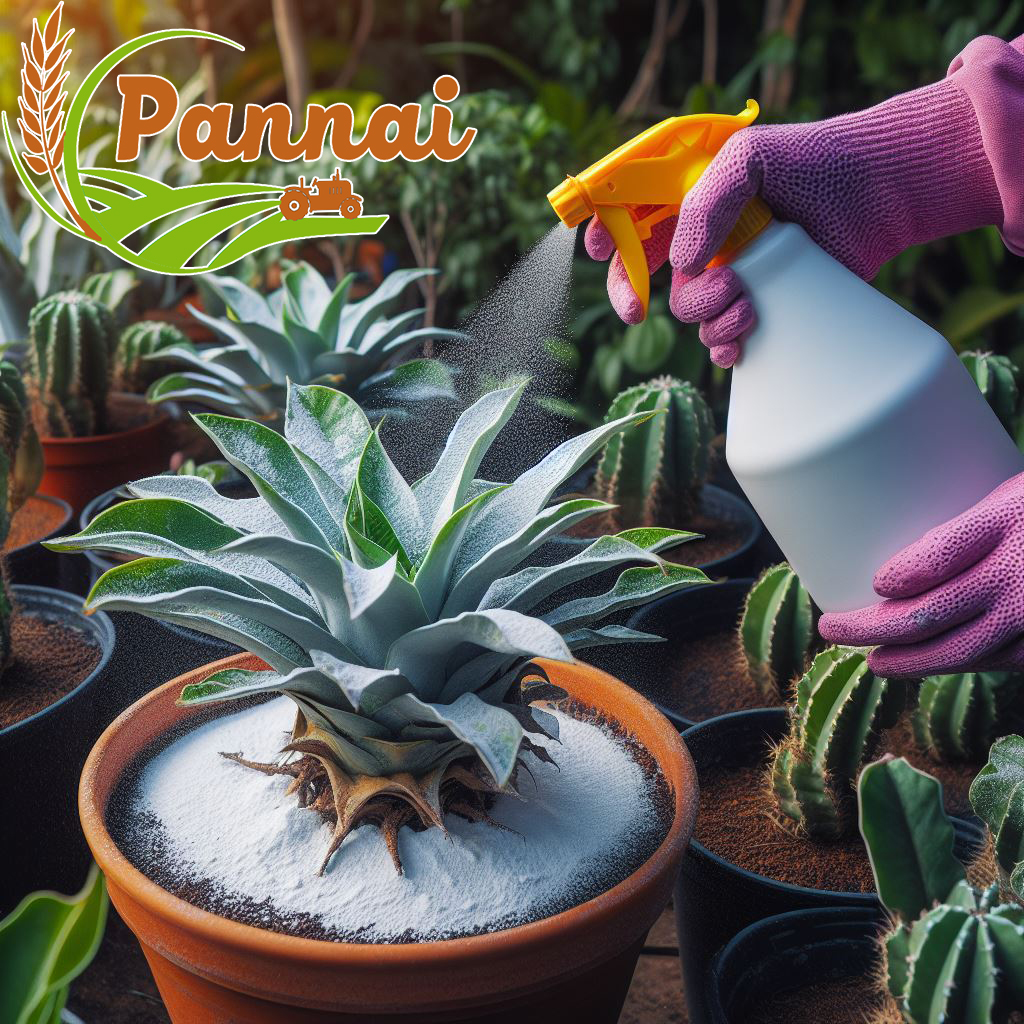
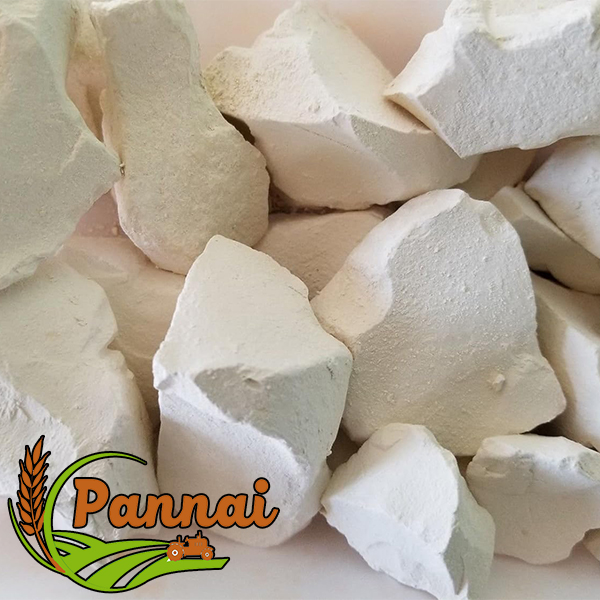


Agriculture Grade Kaolin Clay 1KG | Natural Crop Protectant & Spray Adjuvant
Reviews & Ratings
Kaolin clay powder
Kaolin clay, a naturally occurring mineral, is known for its fine particle size and white color. Traditionally used in ceramics, paper production, and as a cosmetic ingredient, kaolin clay has also found a significant niche in agriculture. This versatile material offers a range of benefits for farmers, contributing to sustainable and effective agricultural practices.
Pannai Kaolin Clay
Pannai Kaolin, also known as china clay, is primarily composed of the mineral kaolinite, a silicate of aluminum. Its unique properties, including high whiteness, fine particle size, and chemical inertness, make it suitable for various applications. In agriculture, its role extends beyond its physical attributes to include its impact on crop health and yield.
Benefits of Pannai Kaolin Clay in Agriculture
Pest Control: Kaolin clay acts as a natural pest repellent. When applied as a fine powder or a suspension in water, it forms a protective barrier on plant surfaces. This barrier deters insects and prevents them from laying eggs or feeding on the plants. For instance, kaolin clay has been effective against pests such as the codling moth in apple orchards and whiteflies on various crops.
Disease Prevention: The application of kaolin clay can help in reducing the incidence of fungal and bacterial diseases. The physical barrier created by the clay particles limits the ability of pathogens to infect plants. This is particularly beneficial in controlling diseases like powdery mildew and rust.
Sunburn Protection: Excessive sunlight can cause sunburn on fruits and leaves, leading to reduced crop quality and yield. Kaolin clay provides a reflective coating that protects plants from harmful UV rays and reduces heat stress. This is especially useful for crops like apples, pears, and tomatoes, which are susceptible to sunburn.
Moisture Retention: Kaolin clay helps in conserving soil moisture by reducing evaporation. Its fine particles create a protective layer over the soil surface, which is beneficial in arid and semi-arid regions. This helps in maintaining soil health and improving water use efficiency.
Improving Soil Health: The addition of kaolin clay to soil can enhance its structure and aeration. It improves the soil's cation exchange capacity (CEC), which means better nutrient retention and availability for plants. This contributes to healthier plant growth and higher yields.
Application Methods
Foliar Sprays: Kaolin clay is commonly applied as a foliar spray. The clay is mixed with water and sprayed onto the plants, forming a protective film. This method is particularly effective for pest and disease control, as well as sunburn protection.
Soil Amendment: Kaolin clay can be mixed with soil to improve its texture and moisture retention properties. This method is beneficial for enhancing soil health and providing long-term benefits to crops.
Seed Coating: Coating seeds with kaolin clay before planting can protect them from soil-borne diseases and pests, ensuring better germination and early growth.
Environmental and Economic Impact
Eco-Friendly Solution: Kaolin clay is a natural and environmentally friendly alternative to chemical pesticides and fertilizers. Its use reduces the reliance on synthetic chemicals, promoting sustainable agriculture and reducing environmental pollution.
Cost-Effective: While initial costs may be higher, the long-term benefits of using kaolin clay, such as improved crop yield and reduced chemical usage, make it a cost-effective solution for farmers.
Regulatory Approval: Kaolin clay is generally recognized as safe (GRAS) by regulatory authorities, making it a viable option for organic farming practices.
Case Studies and Research
Research and case studies have demonstrated the effectiveness of kaolin clay in various agricultural applications. For example, a study conducted on apple orchards showed a significant reduction in pest damage and improved fruit quality with kaolin clay applications. Similarly, trials on vegetable crops indicated better growth and yield with reduced disease incidence.
Pannai Kaolin clay is an invaluable tool in modern agriculture, offering a range of benefits from pest control to soil health improvement. Its eco-friendly nature and versatility make it a preferred choice for sustainable farming practices. As the agricultural industry continues to evolve, the use of kaolin clay is likely to expand, contributing to more efficient and environmentally conscious farming methods.
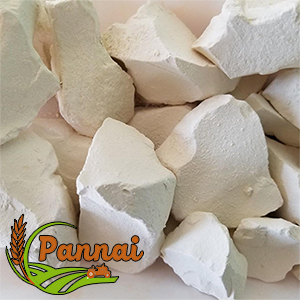
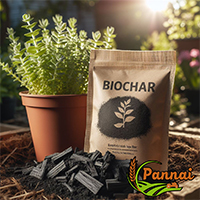
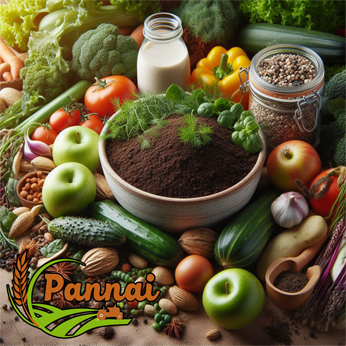
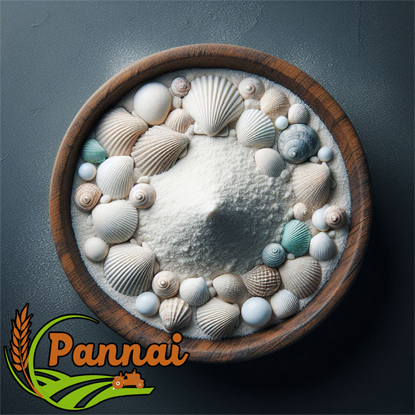
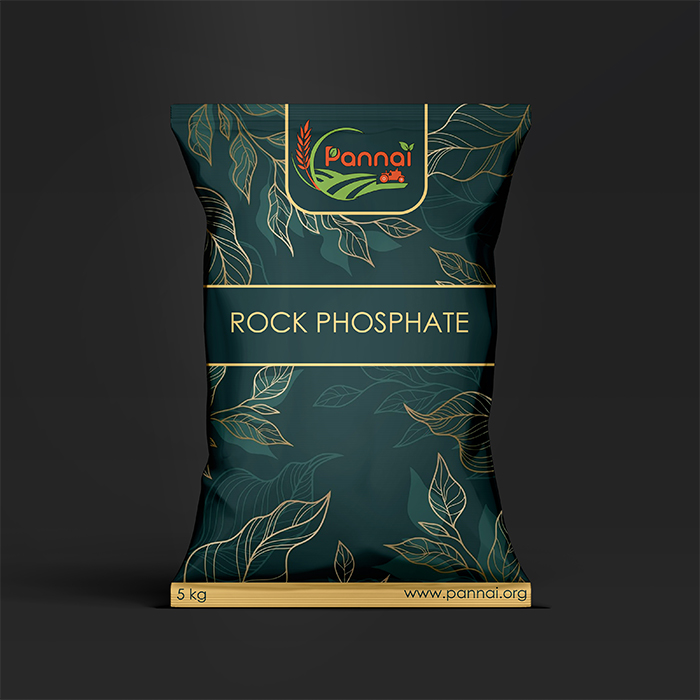

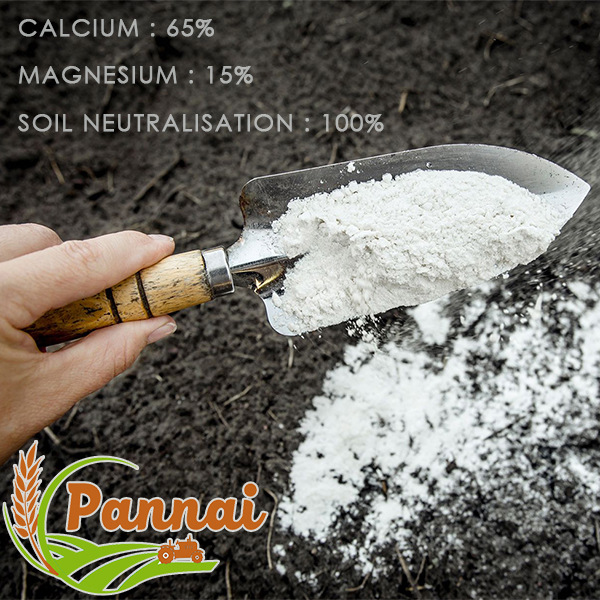
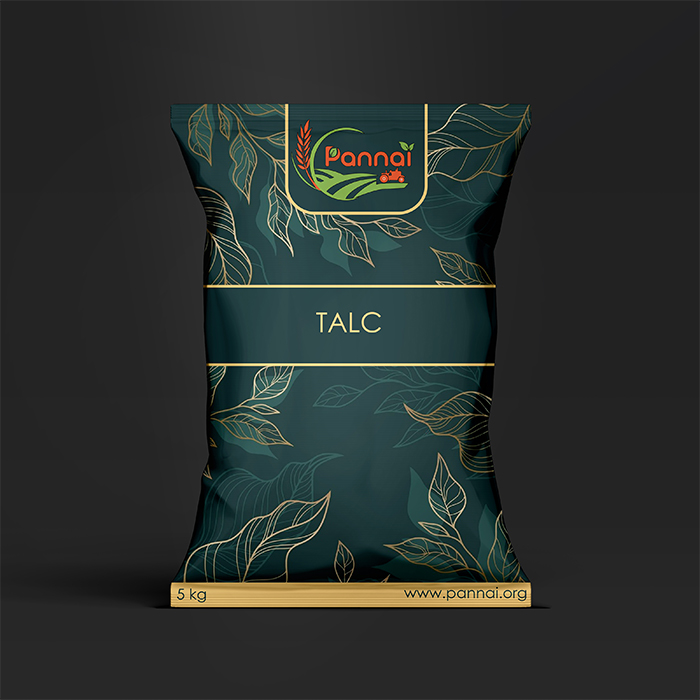
 Sign in with Google
Sign in with Google

